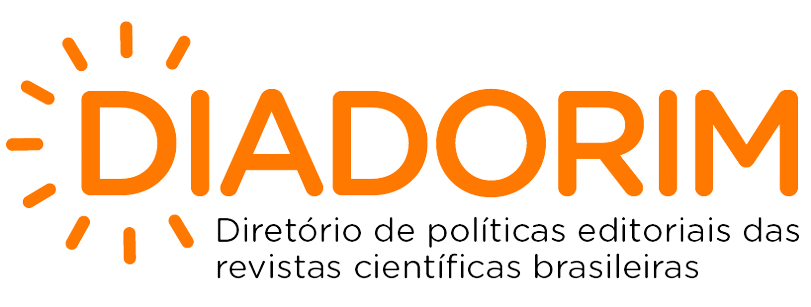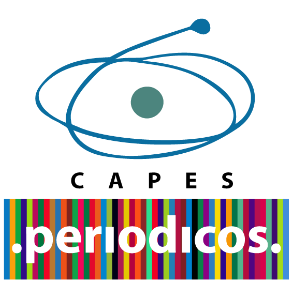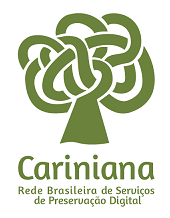Prospects and Challenges of Selective Collection in the City of Boa Vista - RR, in the Context of National Policy of Solid Waste, Federal Law Nº 12.305/2010
DOI:
https://doi.org/10.5433/2447-1747.2014v23n2p49Keywords:
Legislation. Selective collection. Municipal solid wasteAbstract
The main issue and priority order regarding waste generation is guided in the solid waste collection previously segregated according to their constitution and composition and its management and disposal in accordance with current legislation, which also brings with it, not principles generation, reduction, reuse, recycling, treatment of waste generated and mostly an environmentally correct disposal. The research agenda in the diagnosis and perspective of selective collection in the city of Boa Vista, from the perspective of the Federal Law No. 12.305, of August 2, 2010, which established the National Policy on Solid Waste in Brazil. At first glance it appears that the city of Boa Vista is far from its fulfillment both in the principles of environmentally sound disposal, as the measures which includes reuse, recycling, composting, energy recovery and utilization. Added to this reality, the total inability to avoid damage or hazards to public health and human security evidenced by numerous residents that literally live within the landfill of the municipality and who practice collecting recyclable materials in a totally inappropriate place. Regarding the recycling and transformation process solid waste in order to produce new products or inputs, activities have not been identified, and the selected material directed at other states. Besides the non-compliance with rules and legislation, we do not see a clear policy regarding tof he selective collection, sorting and recycling incentives in a real affront to a proper environmental and social conduct.
Downloads
Downloads
Published
How to Cite
Issue
Section
License
Copyright (c) 2015 GEOGRAFIA (Londrina)

This work is licensed under a Creative Commons Attribution-NonCommercial 4.0 International License.
The authors retain the copyright simultaneously licensing the work under the Creative Commons Attribution-NonCommercial 4.0 International license. This license allows third parties to distribute, remix, adapt, and develop the material in any medium or format for non-commercial purposes, giving due credit for authorship and initial publication in this journal.
The journal reserves the right to make normative, orthographic, and grammatical changes to the originals in order to maintain the standardized language and the credibility of the vehicle while still respecting the authors' writing style. Conceptual suggestions, changes, or corrections will be communicated to the authors when necessary.
The opinions expressed by the authors of the articles are their sole responsibility.
This work is licensed under a Creative Commons Attribution-NonCommercial 4.0 International license.



















